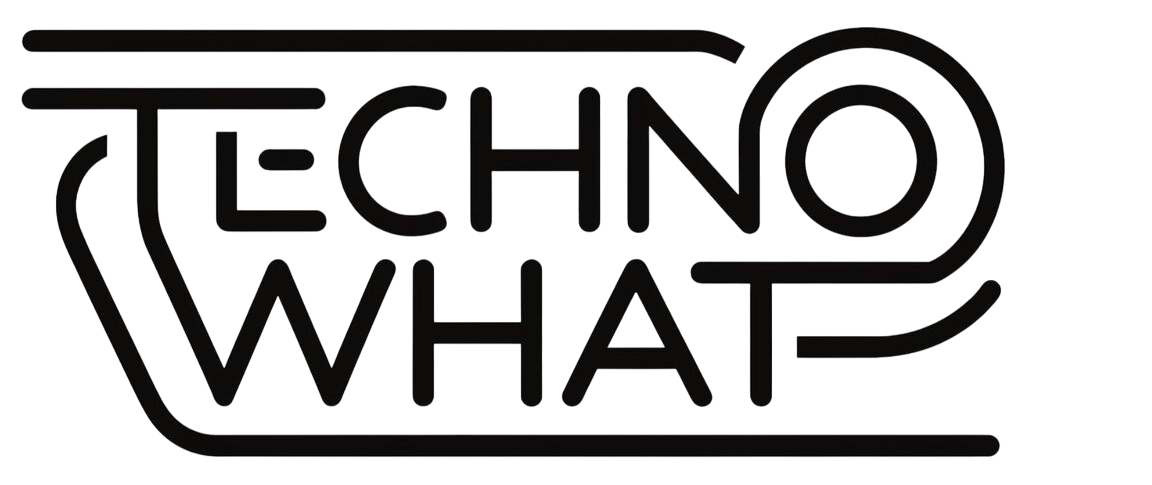
In the digital age, technology has become an integral part of our lives, offering innovative solutions for enhancing personal development and mental wellness. From mobile apps and online courses to virtual reality therapies and AI-driven mood tracking tools, technology provides numerous opportunities to support mental health. This article explores various aspects of personal development tech that can help individuals manage stress, improve emotional well-being, and foster self-improvement.
The Role of Mobile Apps in Mental Wellness
Mobile applications have revolutionized how we approach mental health. Platforms like Headspace and Calm provide guided meditation sessions, mindfulness exercises, and relaxation techniques that help users manage anxiety and stress. Research has shown that mindfulness apps can improve mood and reduce symptoms of depression and anxiety (source: Harvard Health). Additionally, Moodfit offers cognitive-behavioral techniques that assist users in identifying and changing negative thought patterns (source: Psychology Today). These apps not only offer immediate support but also integrate seamlessly into daily routines, making mental wellness more accessible.
Online Courses for Self-Improvement
Online learning platforms such as Coursera and Udemy offer a wealth of courses focused on personal development and mental health. The Science of Well-Being on Coursera explores the psychological principles behind happiness and provides strategies for enhancing well-being through intentional activities (source: Coursera). Meanwhile, Udemy offers a variety of courses like “Building Emotional Resilience” that teach coping strategies and skills to manage stress effectively (source: Udemy). These courses cater to different learning styles and provide evidence-based techniques to improve mental health.
Virtual Reality and AI for Mental Health Treatment
The use of virtual reality (VR) and artificial intelligence (AI) in mental health treatment is an emerging trend. Platforms like TRIPP use VR to create immersive environments that guide users through mindfulness exercises and relaxation techniques (source: Forbes). These virtual environments can be particularly effective for individuals who have difficulty meditating or who prefer a more interactive approach to mental wellness. AI-driven mood tracking tools like Woebot use natural language processing to analyze users’ emotional states and provide personalized advice and coping strategies (source: Psychology Today). This integration of technology offers a unique way to monitor mental health and make improvements over time.
Comparing Traditional and Technology-Enhanced Approaches to Mental Wellness
| Aspect | Traditional Methods | Technology-Enhanced Approaches |
|---|---|---|
| Accessibility | Often requires in-person visits | Available 24/7 on mobile devices |
| Interactivity | Limited feedback | Provides personalized and immediate responses |
| Privacy & Data Security | May involve data breaches | Often use encryption and data protection |
| Effectiveness | Varies by individual and provider | Supported by research and tailored to user needs |
How to Get Started with Personal Development Tech
To start integrating technology into your mental wellness routine, consider setting clear goals and selecting tools that align with your personal needs. Begin by experimenting with different apps and platforms to find what works best for you. Set aside dedicated time each day for activities such as meditation, mood tracking, or online courses. Research your options to ensure data privacy and effectiveness, especially when using AI or VR technologies. Additionally, consult with a mental health professional to guide your technology usage in a way that complements other therapeutic approaches (source: Psychiatric Times).
FAQs on Personal Development Tech for Mental Wellness
What are the benefits of using mobile apps for mental wellness?
Mobile apps provide easy access to mindfulness practices, meditation, and relaxation techniques that can be done at any time, helping users manage stress and anxiety more effectively.
Are virtual reality tools effective for mental health treatment?
Yes, VR tools have been shown to be effective in reducing anxiety, stress, and symptoms of depression by providing immersive environments that support therapeutic practices.
How does AI assist in tracking mood and mental health?
AI uses natural language processing to analyze users’ emotions, provide feedback, and suggest coping strategies based on individual needs and responses.
Can online courses really help with mental health improvement?
Yes, online courses offer structured learning that can help individuals build resilience, understand psychological principles, and develop strategies to improve emotional health.
Conclusion
Integrating personal development technology into mental wellness routines can significantly enhance how individuals manage stress, anxiety, and emotional well-being. By leveraging mobile apps, online courses, and emerging technologies like VR and AI, people can take proactive steps towards better mental health. While traditional methods of therapy remain important, technology offers additional tools that can be personalized to suit individual needs and preferences. As technology continues to evolve, so too do the possibilities for improving mental health through digital means. Embracing these tools with an informed approach can lead to a more balanced and fulfilling life.

